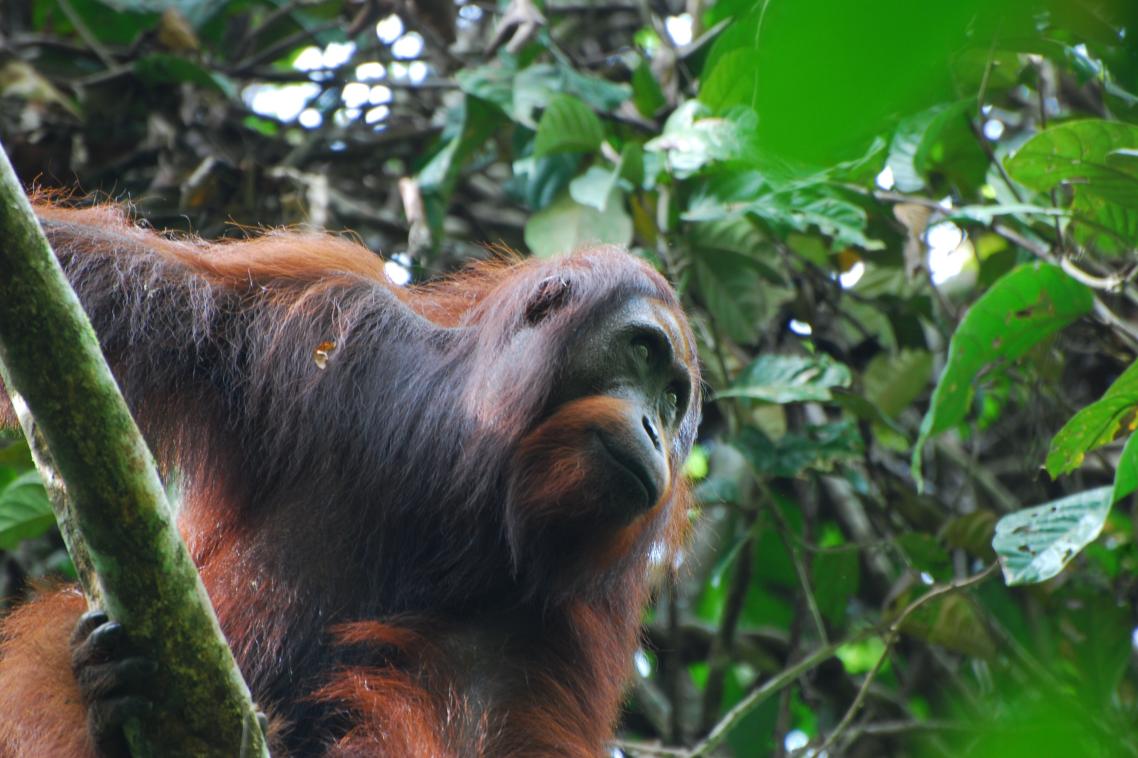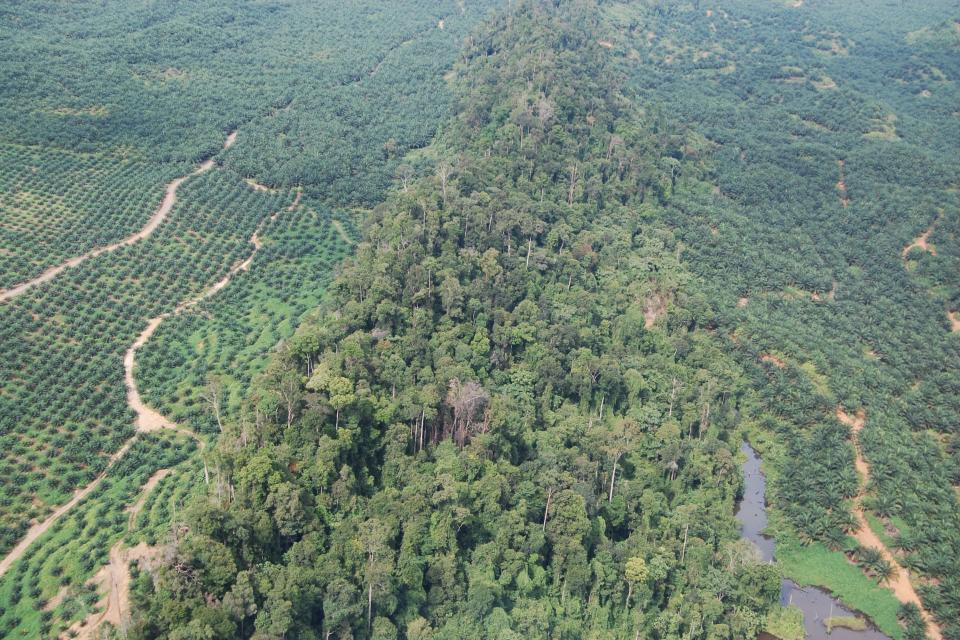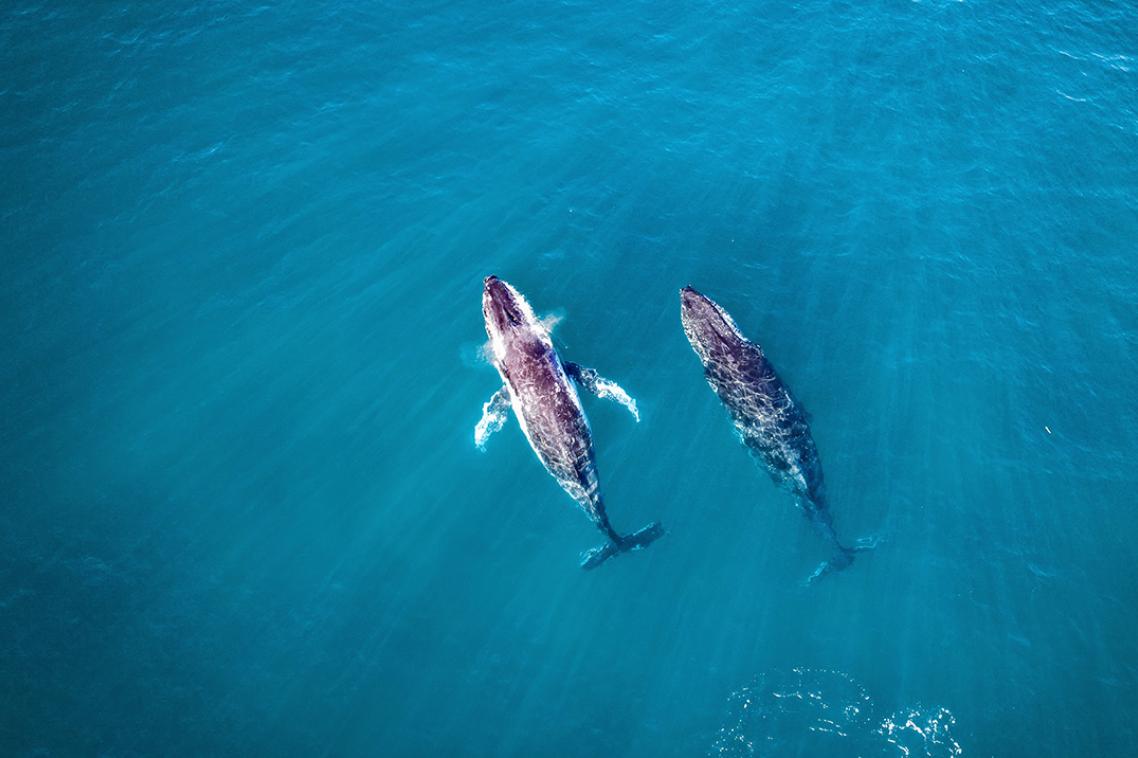Sustainable certified palm oil scheme failing to achieve goals

There is little evidence that a certification scheme for palm oil plantations is improving protection of critically endangered orangutans in Borneo, researchers say.
A study by The University of Queensland, the ARC Centre of Excellence for Environmental Decisions (CEED) and Borneo Futures found vague targets, concepts and terminology left too much to interpretation.
UQ PhD candidate Courtney Morgans said the Roundtable on Sustainable Palm Oil (RSPO) certification aimed to protect orangutans and improve living standards for people in the region.
“We found palm plantations with certification did not excel compared to their non-certified equivalents when it came to protecting the orangutans,” Ms Morgans said.
“There also wasn’t a clear sign that RSPO was improving levels of wealth or improving access to health infrastructure for villagers neighbouring the plantations.
“The only small benefits were to certified companies which were associated with marginally higher yields”.
Ms Morgans said it was difficult to detect the impact of certification.

A recent study showed 100,000 orangutans have been killed this century, although not all were lost because of forest clearing for oil palm development.
The team of researchers say certification is still a valuable opportunity to prevent species loss and increase equity.
“Certification is good in theory and RSPO is the best vehicle currently available to improve the sustainability of the palm oil industry, but there is significant room for improvement,” Ms Morgans said.
“Even between stakeholders there are different interpretations of what ‘sustainable’ means.
“The RSPO is currently being revised, and it is possible new standards could be in place before the end of the year.
“We need to make sure we use this valuable opportunity to adopt the critical changes needed to improve the sustainability scheme.”
The research is published in Environmental Research Letters.
Media: Courtney Morgans, c.morgans@uq.edu.au, +614 422 460 169; CEED Communications, c.fung@uq.edu.au, +614 433 638 643.
Related articles

Decades of surveys show whale migration shift

Should you consent to your doctor using an AI scribe? Here’s what you should know.
Media contact
UQ Communications
communications@uq.edu.au
+61 429 056 139
